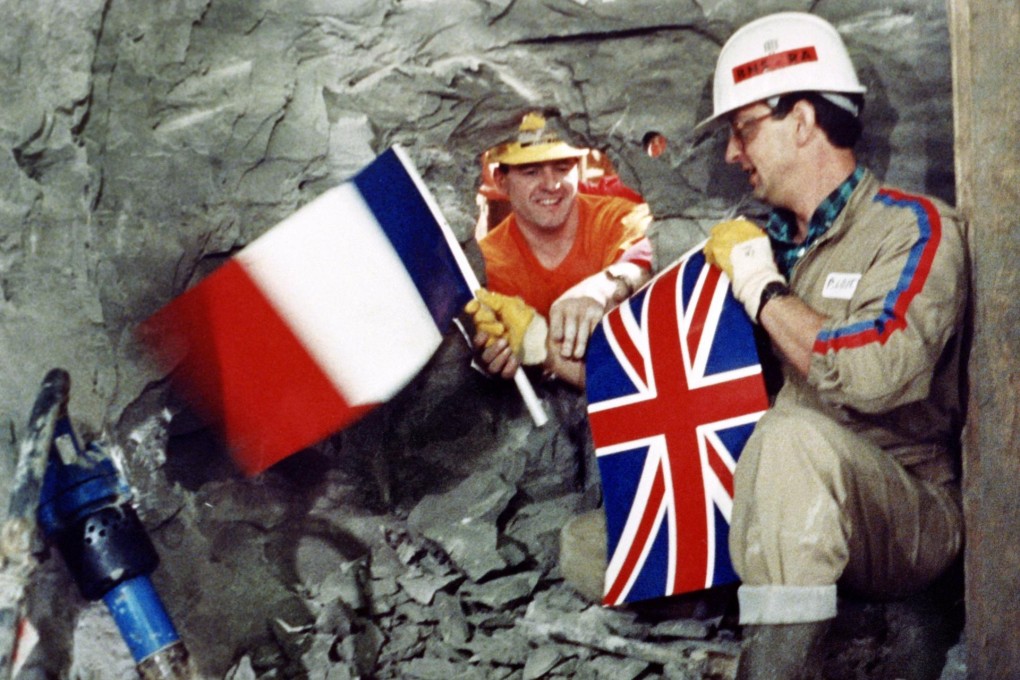After 20 years, Channel Tunnel's doubters quieted by its success
Tunnel ended Britain's 'splendid isolation', but it never brought the dangers so many predicted

Fearing an invasion of rabid animals, terrorists, immigrants and the loss of their cherished island isolation, many Britons were highly suspicious of the Channel Tunnel.
But two decades after the sub-sea tunnel linked Britain and France on May 6, 1994, doubters on the northern side of "La Manche" have mostly quieted.
Opponents had warned of a host of dangers, including drug trafficking, potato blight in the "Garden of England" county of Kent, as well as an influx of French spiders and the arrival of bee-killing moths.
Others feared a fatal competitor for car ferries operating the Dover-Calais route and the possible bankruptcy of tunnel operator Eurotunnel.
The darkest nightmares were of tunnel walls collapsing due to flooding, earthquakes or bombs.
In February 1986, British transport secretary Nicholas Ridley sought to reassure concerned lawmakers, saying: "Will rabies come? Will the Russians invade along the tunnel? Should Britain remain an island? I sympathise with these emotional arguments but I do not believe that they are rational."